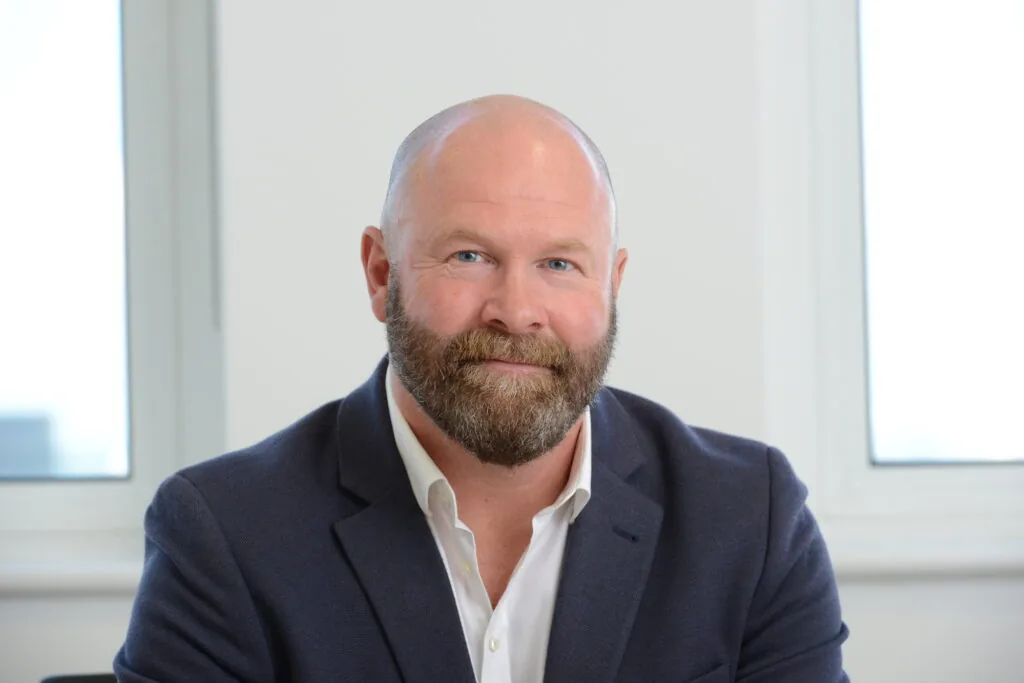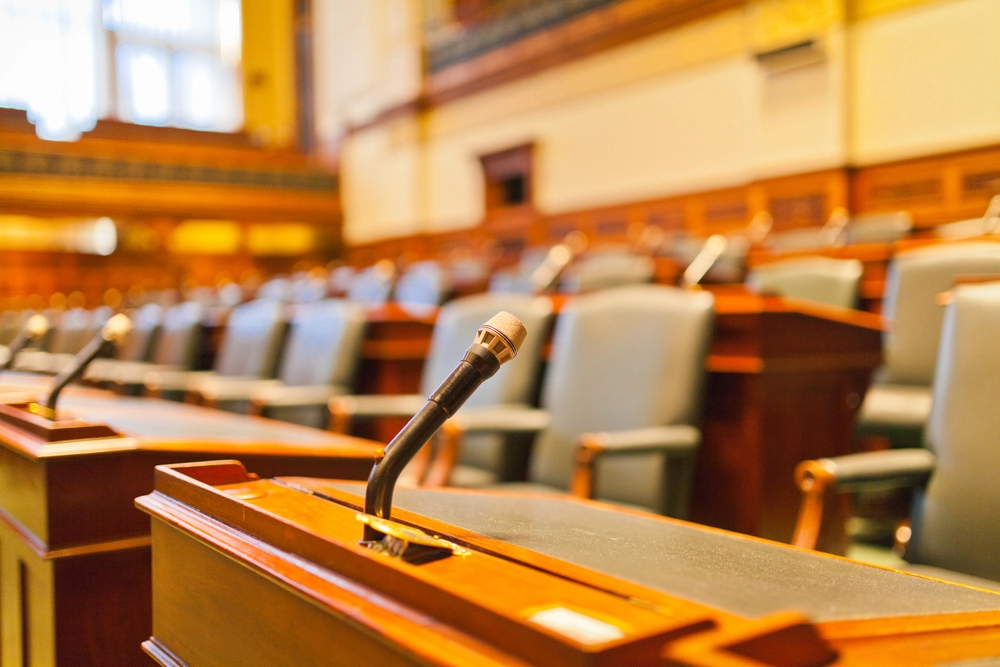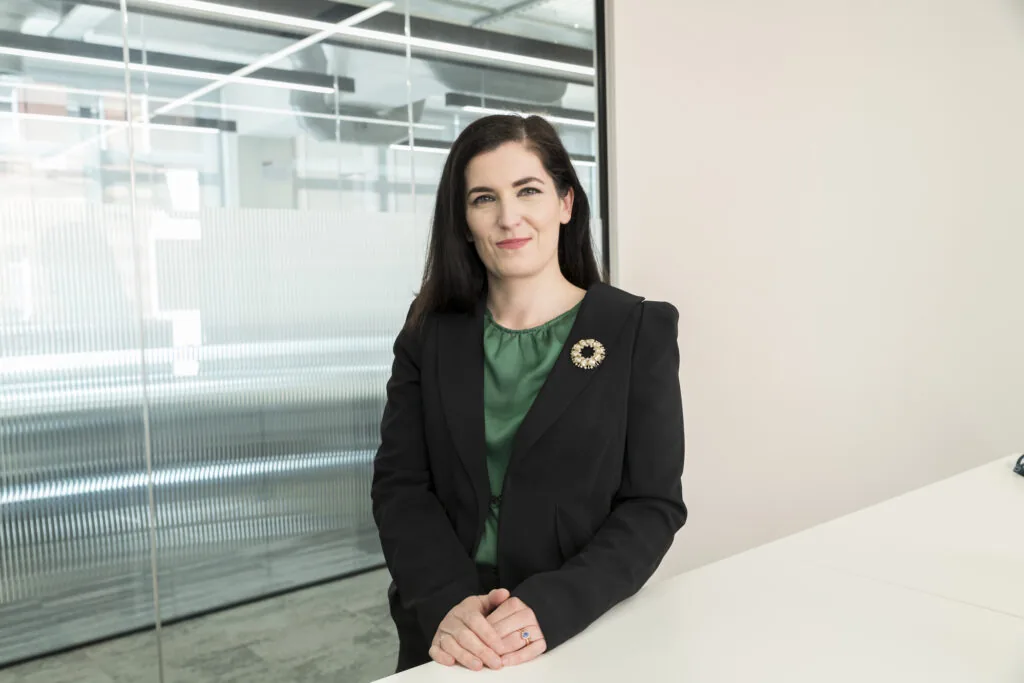
Do the rights of one, outweigh the rights and needs of the many?: R (TTT) v Michaela Community Schools Trust
By Heather Welham, Cyra Roshan
21 Aug 2024 | 4 minute read
We have increasingly advised clients who run diverse, multi-cultural organisations on how to balance the (sometimes conflicting) rights of individuals. It is a question which presents fundamental challenges from a policy perspective, but also in terms of logistics – organisations such as schools, universities, charities and businesses have limited resource, and need to factor their inclusivity aims against the operational challenges of running their institutions in an effective way.
The recent case of R (TTT) v Michaela Community Schools Trust (April 2024) sheds some light on how a UK Court might weigh up the individual protections rightly afforded under relevant law against wider 'legitimate aims' of promoting integration.
The claim
In this case, a student challenged a prayer ban that had been imposed by her school. The ban impacted Muslim pupils who wished to perform a specific prayer, Duhr, at lunchtime during autumn/winter.
The school’s reasons for imposing the ban related to maintaining its strict disciplinary regime and “Team” ethos which, according to the Headmistress, included “aggressively” promoting integration between pupils from different faiths, cultures and ethnic backgrounds whilst they are at school as well as minimising social distinctions between them.
There were also logistical difficulties relating to premises and supervision. The judicial review was pursued on the basis that (i) it was in breach of her right to freedom to manifest her religious beliefs protected under Article 9 of the European Convention of Human Rights, (ii) it indirectly discriminates against Muslim pupils, in breach of the Equality Act 2010 ("Equality Act") and (iii) the school failed to have "due regard" to advance equality and foster good relations between Muslims and non-Muslims, contrary to the Equality Act.
The Court's decision
The Court upheld the school's decision to impose a prayer ban, ruling that Article 9 is primarily concerned with protecting the freedom to express religious beliefs, rather than conferring an absolute right to express one's religious beliefs.
This is because the student knew prior to enrolling that the school was secular and therefore it may have restricted her ability to manifest her religion and, ultimately, she was also free to enrol at another school that allowed the expression of her religious beliefs.
The Court noted that whilst the student was subject to detriment, the ban was a proportionate means of achieving the 'legitimate aim', which included for example promoting integration of different faiths, preserving the policies of the school, social cohesion, and the practicalities of providing a safe space to pray which consequently outweighed the adverse effects on the rights of Muslim students.
Going forward
This case demonstrates a few key points:
- There is a high threshold for proving interference in an individual's rights under Article 9 of the ECHR in the context of a school. A court will find it difficult to establish many circumstances where a student could show 'undue hardship'. In this case, the Court found that the student had not demonstrated that she would suffer adversely or face undue hardship if she had to move schools, despite the prayer ban being imposed shortly before she was due to start her GCSE years.
- Even where a student is indeed being subject to detriment (so overcomes the first hurdle of the Equality Act), the interference threshold might not be met if it was done as a proportionate means of achieving a legitimate aim. Both thresholds need to be satisfied in order to prove a breach of one's rights under the Equality Act.
- Potentially discriminatory policies, which may be subject to public "outrage", aren't necessarily discriminatory for the purposes of the Equality Act and/or the European Convention of Human Rights.
The key point here is that, whilst a policy may potentially be perceived as discriminatory, it may not be viewed as such by the courts if the detriment can be shown to be proportionate and with a legitimate aim. Whilst this case was about the creation of an inclusive space to worship, this view may well extend to other scenarios where conflicting rights of individuals need to be balanced against practical demands, although this is yet to be explored by the courts. It is also important to note that this was a High Court decision and therefore could be subject to appeal at the Court of Appeal.
How we can help
Situations such as this are highly fact specific. Schools cannot freely impose policies and rules which could restrict the rights of pupils, or put those with protected characteristics at a disadvantage, they must be a proportionate means of achieving a legitimate aim.
This is a complex area of law, and one where ethical, reputational, and legal issues closely overlap. Context is crucial, and there is no blanket 'right answer' for every scenario. As dispute resolution lawyers, our team are well placed to help navigate these challenges on an individual, case-by-case basis, considering the changing legal and policy frameworks. Please do get in touch with us if you require advice, or simply a sounding board to discuss any ongoing situations.



































